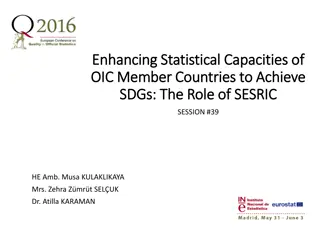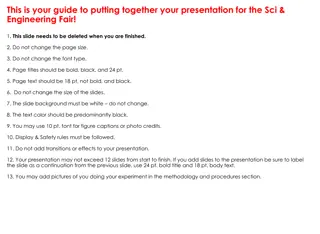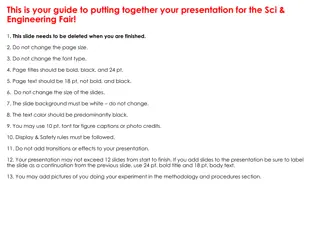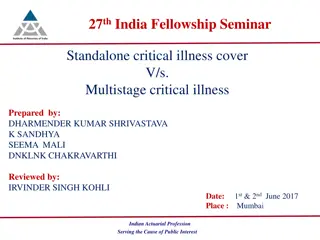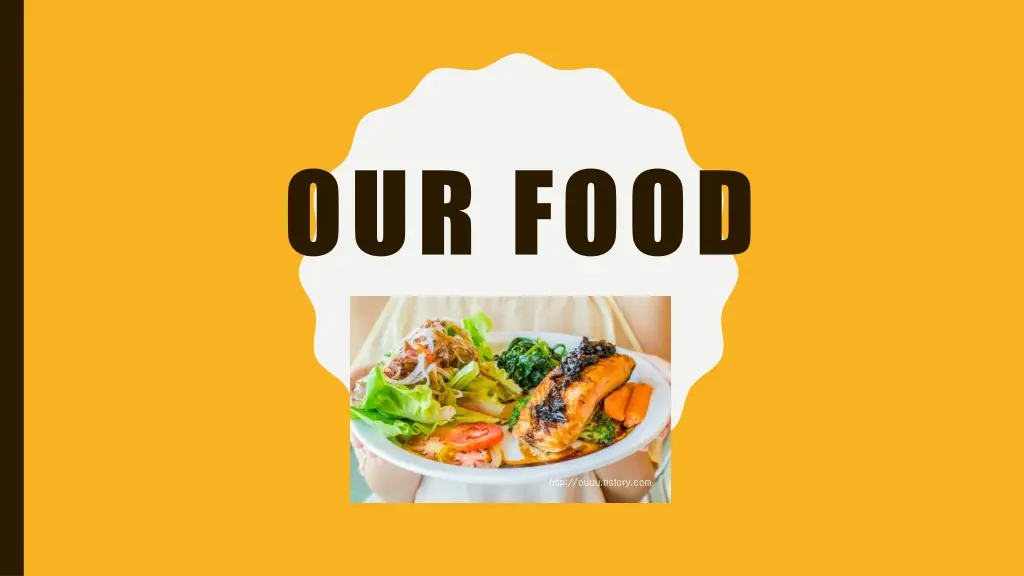
Understanding the Importance of Nutrients in Our Diet
Explore the significance of food in our lives, from providing energy to supporting growth and immunity. Learn about the essential nutrients like proteins, carbohydrates, fats, vitamins, and minerals that our bodies need to thrive and stay healthy.
Download Presentation

Please find below an Image/Link to download the presentation.
The content on the website is provided AS IS for your information and personal use only. It may not be sold, licensed, or shared on other websites without obtaining consent from the author. If you encounter any issues during the download, it is possible that the publisher has removed the file from their server.
You are allowed to download the files provided on this website for personal or commercial use, subject to the condition that they are used lawfully. All files are the property of their respective owners.
The content on the website is provided AS IS for your information and personal use only. It may not be sold, licensed, or shared on other websites without obtaining consent from the author.
E N D
Presentation Transcript
WHY IS FOOD IMPORTANT? Brainstorm Have a discussion. What will happen if there was no food? Why do we need food? Food gives us energy Food help us maintain good health Food helps us to grow Food develops immunity against diseases
WHAT ARE NUTRIENTS? Class discussion: Did you ever wonder about the things that make up your food? Every meal and snack you eat is made up of nutrients, which are important substances you get from food that help your body survive and grow.
NUTRIENTS NEEDED BY NUTRIENTS NEEDED BY OUR OUR BODY BODY The nutrients are divided into six major types: carbohydrates, proteins fats vitamins minerals water and roughage Each nutrient performs specific functions to keep the body healthy. All the nutrients work together to contribute to good health.
PROTEINS BODY BUILDERS Proteins are nutrients that are essential to the building, maintenance, and repair of body tissue such as the skin, the internal organs, and muscle. Proteins help your body to grow. The foods that contain proteins are called body building foods. Children need more proteins than adults because they grow more rapidly. Foods rich in proteins are meat, fish, eggs, cheese, milk, pulses and nuts.
CARBOHYDRATES ENERGY PRODUCERS Carbohydrate is fuel for the body and brain. It gives us energy. People who do more physical work need more carbohydrates. Sugar and starch are two types of carbohydrates. Rice, sugar and potatoes are some of the foods rich in carbohydrates.
FATS ENERGY SOURCE Fat is an energy source. They store energy in the body to keep it warm. People often associate high fat foods with bad health. However, a person needs certain fats to help maintain good health. Foods rich in fats and carbohydrates are called energy-giving foods Oil, ghee, butter, nuts and fish are rich in fats.
VITAMINS AND MINERALS Vitamins and minerals boost the immune system, support normal growth and development, and help cells and organs do their jobs. They are also called protective foods because they help our body to fight diseases. Wheat, meat, egg, fish, milk, cheese, vegetables and fruits are rich in vitamins and minerals.
ROUGHAGE AND WATER Besides these nutrients, our body needs dietary fibres and water. Dietary fibres are also known as roughage. Roughage does not provide any nutrient to our body, but is an essential component of our food. It helps our body get rid of undigested food. Water helps our body to absorb nutrients from food. Food contains some amount of water but it is not sufficient. We need the water that our body needs from the liquids such as water, milk and tea. We must drink at least six to eight glasses of water everyday.
Nutrient Use in the body Good sources Cereals, bread, pasta, rice and potatoes Carbohydrate To provide energy Fish, meat, eggs, beans, pulses and dairy products Protein For growth and repair To provide energy. Also to store energy in the body to help keep it warm. Fats Butter, oil and nuts Needed in small amounts to maintain health Salt, milk (for calcium) and liver (for iron) Minerals Needed in small amounts to maintain health Vitamins Fruit, vegetables, dairy foods
A BALANCED DIET The food we normally eat in a day is our diet. For growth and maintenance of good health, our diet should have all the nutrients that our body needs, in right quantities. The diet should also contain a good amount of roughage and water. Such a diet is called a balanced diet. Scientists have designed A Food Pyramid that gives us a pictorial view of the various food items and their appropriate proportions that we must eat.
IMPORTANCE OF A BALANCED DIET IMPORTANCE OF A BALANCED DIET The following are the importance of a balanced diet : Balanced Diet leads to a good physical and a good mental health. It helps in proper growth of the body. Also, it increases the capacity to work Balanced diet increases the ability to fight or resist diseases.












